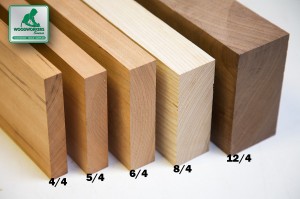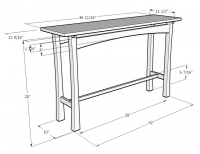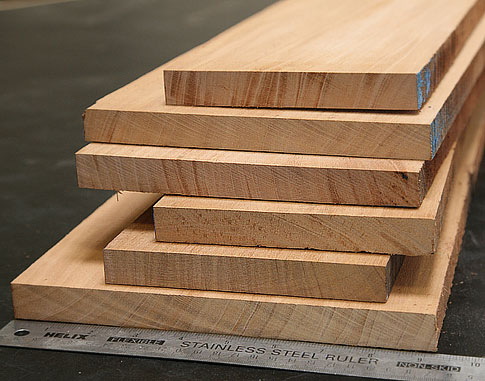
$5.00 ea.
mix/match strips and squares
(48 U.S. Ground)
Delivery & Pick-Up Options
Log in to see delivery dates
Ready in 48 hours - Tempe, Phoenix or Tucson
Schedule it during checkout
Why Choose Alder?
A soft, relatively low-strength, straight-grained, even-textured wood. Works well with hand and machine tools, but sharp cutting edges need to be maintained to prevent tearing the grain. The wood is rarely wider than 6 due to the small size of the trees.
Get ready to work with the finest wood squares you've ever seen, they're ready to be turned into whatever you can imagine, such as furniture parts, table legs, small accessories, handles, artwork and other fine woodworking projects.
| Thickness | 1-3/4" (≈ 1-3/4" approx) |
| Width | 1-3/4" |
| Length | 12" |
| Grade | Kiln dried, clear |
Woodworkers Also Recommend These
2.33
lbs /Bd. Ft.Wood Texture
Ease of Finishing
Pale Yellow to Reddish Brown.
A relatively small tree, reaching about 50ft in height and producing a trunk in diameter up to 15".
Alder, Oregon alder, Pacific coast alder, Red alder, Western alder
Rustic furniture, entry doors, moldings, turning, carving, toys, plywood, veneer, cabinets, musical instruments.
The Joys of Building with Great Woods
Understanding hardwood lumber starts right here with these wacky fractions.
If you're expecting perfect clear lumber 100% of the time, you're in for a surprise. Here's a summary of the hardwood lumber grades and what to expect from them.
Board feet isn't your everyday kind of math, but these three simple steps make it easy to figure out your project.
Here's a handy (and free) Excel worksheet that helps you estimate the lumber needs for your project.
Are woods poisonous? Hazardous to use in cutting boards or baby cribs? Find out here.
Wood is like a sponge, and it's always in a state of absorbing or releasing moisture to stay equalized with its environment. The problem with that is it also swells and shrinks. Here's what you need to know to protect your project.















